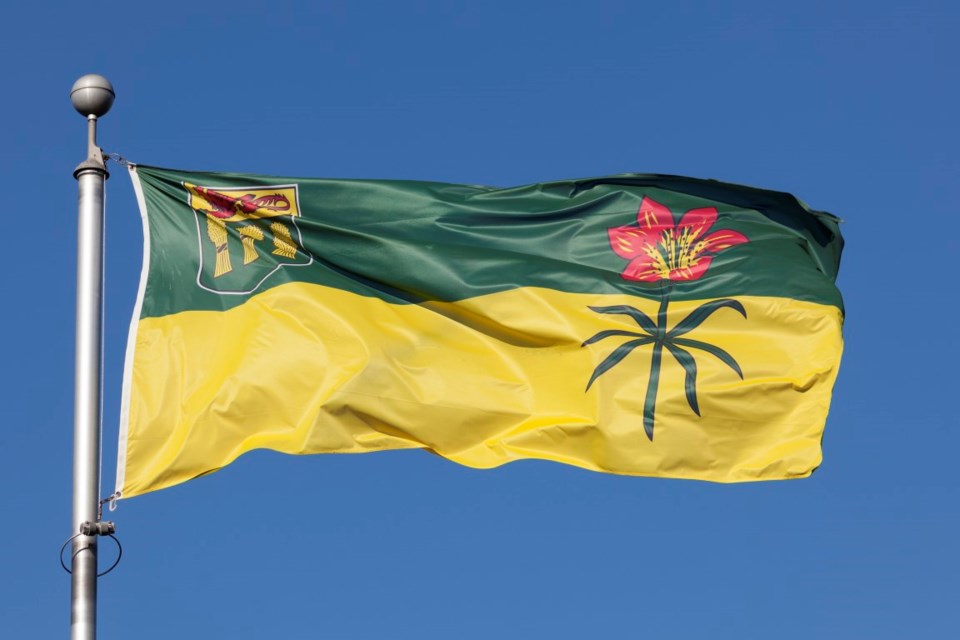The Aug. 10 Saskatchewan byelection results show some interesting trends that seem to add intrigue for the next provincial election, which is now just 14 months away.
Nobody should be surprised that the Saskatchewan Party retained their seat in Lumsden-Morse. If they would have lost, it would have been a bigger upset than when the NDP lost the northern Athabasca seat in a byelection last year. (That defeat was the last straw in Ryan Meili's underwhelming tenure as leader of the NDP).
Perhaps the most interesting result was to see the somewhat-new Saskatchewan United Party (SUP) finish second, not the NDP. And the SUP certainly cut into the support of the Sask. Party in that riding.
Blaine McLeod won the constituency with 53.9 per cent of the vote, while Jon Hromek of the SUP was second with 22.7 per cent. The NDP was third with 21.6 per cent support, but you have to think it's another reflection of the NDP's popularity in rural Saskatchewan that they would finish behind the upstart SUP.
Meanwhile, in the two Regina ridings up for grabs, the NDP took both from the Saskatchewan Party.
In Regina Coronation Park, Noor Burki of the NDP won with 56.6 per cent of the votes, with the Saskatchewan Party’s Riaz Ahmed finishing second at 31.4 per cent. This was the riding held by Kevin Doherty, the former Sask. Party MLA who openly questioned the direction of the party earlier this summer.
Meanwhile, in Regina Walsh Acres, Jared Clarke was the winner with 54 per cent compared to 40.2 percent for Nevin Markwart of the Sask. Party. This riding belonged to Derek Meyers, the well-known broadcaster originally from Midale who passed away earlier this year at age 45 due to cancer.
Suddenly, the NDP has the majority of the seats in Regina with seven of 12. It's a far cry from when they seemingly had a lock on every constituency in the Queen City, but they haven't had more than half since before the 2011 election.
The NDP's victory in Walsh Acres should be tempered by the knowledge that the only reason there was a byelection was due to tragedy. As for Coronation Park, the NDP should be elated with the result.
Byelections can be tough to interpret. So much of the success comes from getting supporters to the ballot box. When you have a summer byelection, the result can be even more unpredictable.
But the size of the victory in all three ridings doesn't exactly scream "byelection fluke".
Premier Scott Moe finds himself in a difficult balancing act. I believe he has moved the party in a more conservative direction than his predecessor, Brad Wall.
If he shifts the party too far to the right, then he risks alienating the centrist and the small-C conservatives that played an instrumental role in the Sask. Party's big-city success and the plurality of its previous victories.
Govern the party in the centre-right fashion, then you leave yourself susceptible to losing support in rural ridings to the more conservative parties that have popped up, such as the SUP and the Buffalo Party of Saskatchewan.
The Saskatchewan Party is in no risk of losing its grip on power in the province, not unless there is a massive swing towards another party in rural Saskatchewan in the next election. Meanwhile, the NDP should prepare itself for more third-place finishes in rural ridings.
There are more than two dozen ridings that I would currently classify as safe for the Saskatchewan Party. That means they need to win seven in Saskatoon, Regina, Moose Jaw, Prince Albert and the north to retain power. Even if the byelection wins reflect growing dissatisfaction in the cities with the Sask. Party's direction, there will still be constituencies in the cities that the Sask. Party will win. The days of an NDP sweep of the four largest markets are over, barring a total collapse with the Sask. Party.
At the same time, with new right-wing alternative parties on the landscape, the days of the Sask. Party garnering 70-75 per cent support in rural constituencies are also likely over, at least for now.
So, while the Sask. Party should be considered the favourites for the 2024 election, we can at least look forward to closer results on election night, both on a riding-by-riding basis and within Saskatchewan as a whole.


